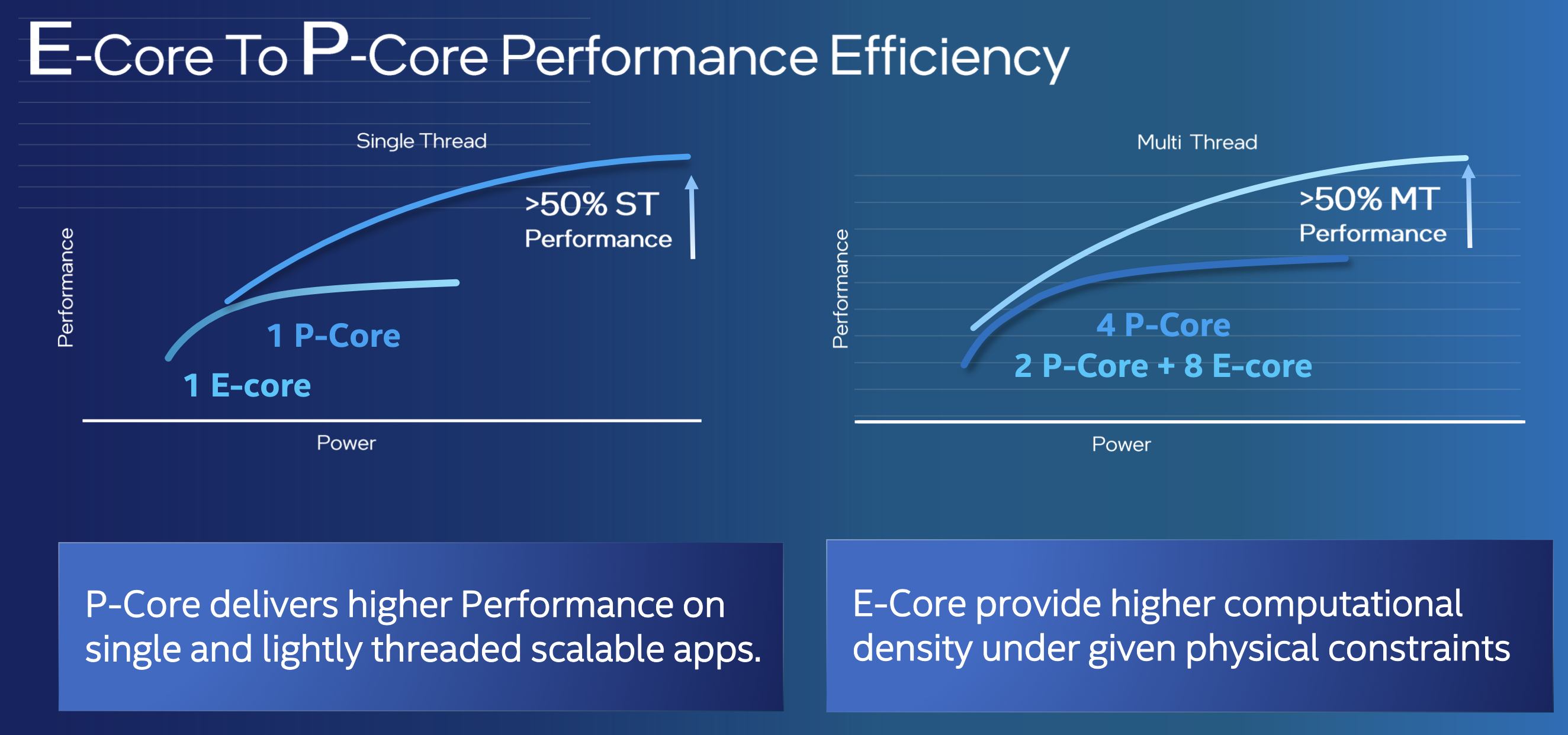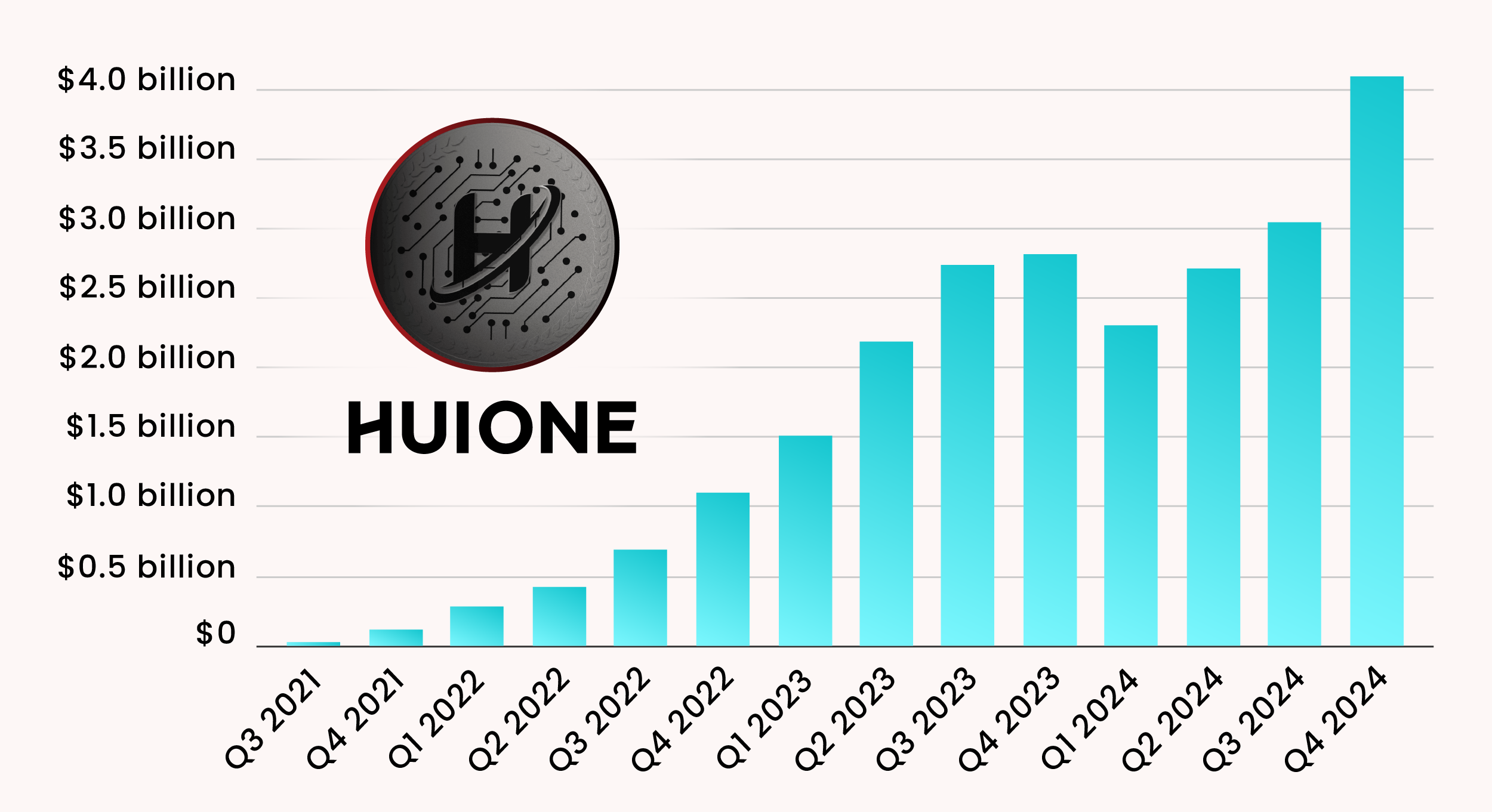
The Paradoxical Efficient Market Hypothesis
Election season has put an increased focus on the stock market, but little attention is ever paid to the Efficient Market Hypothesis (the EMH, for short). As I’ve written in A Mathematician Plays the Stock Market, it is a fundamental and important notion, but it is also a little weird. Its recent formulation derives from the work of Eugene Fama, economist Paul Samuelson, and others in the 1960s. The basic idea, however, dates back more than 100 years when Louis Bachelier, a student of the great French mathematician Henri Poincare, formulated an early version. Roughly, the hypothesis maintains that stock prices reflect all relevant information about the stock. As Fama put it, “In an efficient market, competition among the many intelligent participants leads to a situation where, at any point in time, actual prices of individual securities already reflect the effects of information based both on events that have already occurred and on events which, as of now, the market expects to take place in the future.”
The EMH depends crucially on what information is assumed to be reflected in the stock price. The weakest version maintains that all information about past market prices is already reflected in a stock price. A stronger version maintains that all publicly available information about a company is already reflected in its stock price. The strongest version states that information of all sorts, even inside information, is already reflected in the stock price.



















/cdn.vox-cdn.com/uploads/chorus_asset/file/25831586/STKB310_REDNOTE_XIAOHONGSHU_B.jpg)

